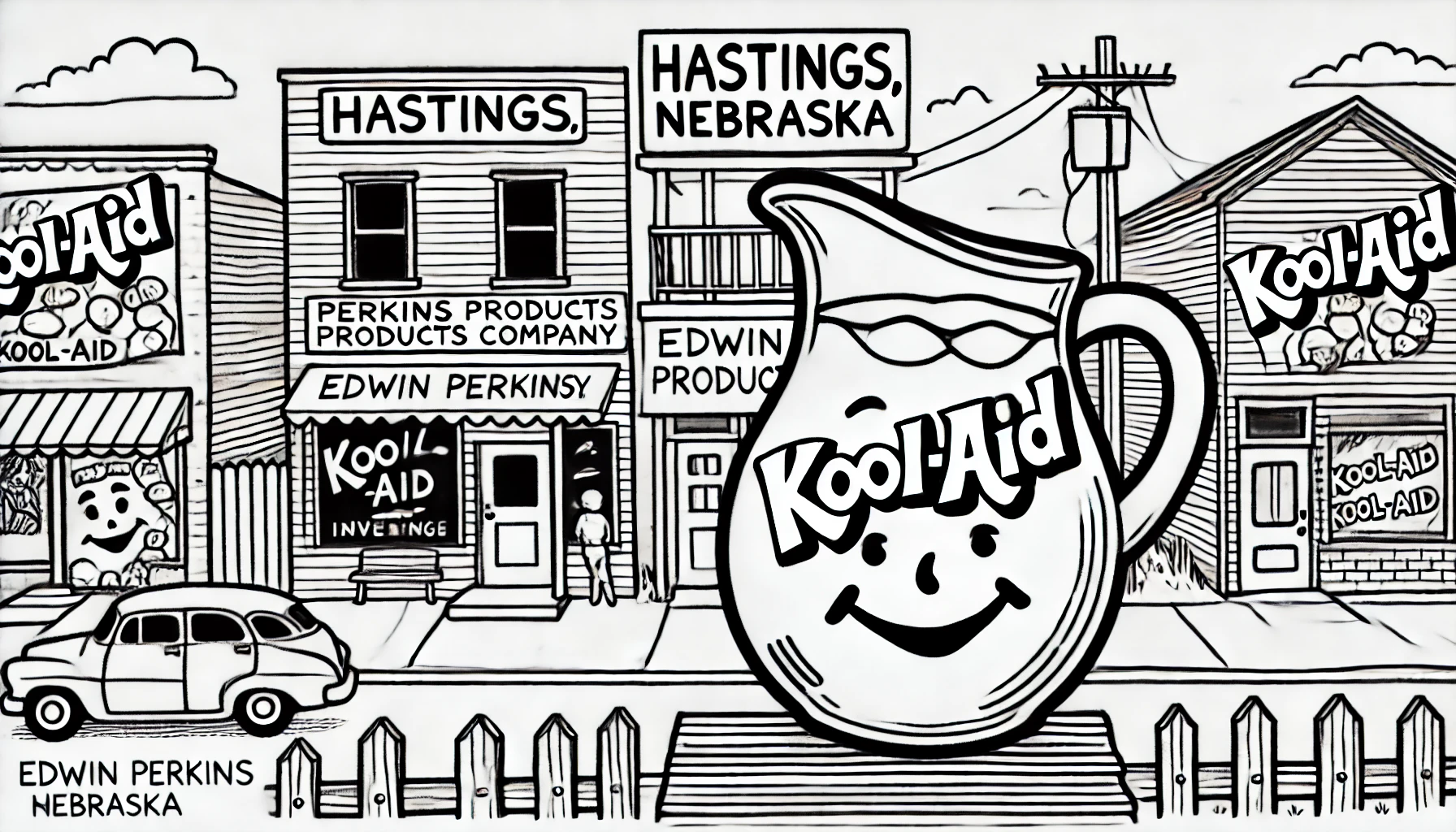The Art of Nebraska's Artisanal Cheese Makers

Traveling through Nebraska, a state known for its vast prairies and rich agricultural heritage, one can discover a thriving community of artisanal cheese makers who are redefining the dairy industry. These skilled craftsmen are not only preserving traditional cheese-making techniques but also innovating and experimenting with new flavors, textures, and ingredients. From the rolling hills of southeastern Nebraska to the scenic Sandhills region, artisanal cheese makers are spreading their passion for high-quality, handcrafted cheese throughout the state.
At Branched Oak Farm in Raymond, Nebraska, a small town located about 15 miles north of Lincoln, owners Peggy and Charles Durenberger are pioneering the art of raw milk cheese production. Following in the footsteps of European cheesemakers, the Durenbergers have created a range of award-winning cheeses, including their Old World Gouda and Farmstead Cheddar. Branched Oak Farm's cheeses have garnered recognition from the American Cheese Society and can be found on the menus of top Nebraska restaurants and specialty food stores.
Another notable artisanal cheese maker is the Happy Hollow Creamery in Lincoln, Nebraska. This family-owned business has been producing a variety of artisanal cheeses, including feta, ricotta, and mozzarella, since 2004. Happy Hollow Creamery's commitment to using high-quality, locally sourced milk has earned them a loyal following among Nebraska's foodies and chefs. Their cheeses can be sampled at local farmers' markets and are available for purchase at the creamery's farm store.
The University of Nebraska-Lincoln's Department of Food Science and Technology has also played a significant role in promoting the state's artisanal cheese-making industry. Through its Cheese-Making Workshop Series, the university provides aspiring cheese makers with in-depth training and hands-on experience in traditional and modern cheese-making techniques. Moreover, the department's partnerships with local dairy businesses have led to the development of new cheese products and collaborative research projects.
Nebraska's artisanal cheese makers are also exploring innovative approaches to sustainable dairy production and cheese production methods. For example, the small-batch dairy operation at Shadowbrook Farm in Glenvil, Nebraska, focuses on rotational grazing and grass-based milk production. This approach, also known as regenerative dairy, prioritizes soil health, biodiversity, and animal welfare. Shadowbrook Farm's award-winning cheeses showcase the unique flavors and aromas resulting from this holistic approach to dairy farming.
By embracing traditional techniques and embracing innovation, Nebraska's artisanal cheese makers are not only preserving the state's agricultural heritage but also shaping the future of the dairy industry. From farm-to-table cheeses to contemporary cheese styles, the diversity of Nebraska's artisanal cheese scene reflects the passion and creativity of its makers.
At Branched Oak Farm in Raymond, Nebraska, a small town located about 15 miles north of Lincoln, owners Peggy and Charles Durenberger are pioneering the art of raw milk cheese production. Following in the footsteps of European cheesemakers, the Durenbergers have created a range of award-winning cheeses, including their Old World Gouda and Farmstead Cheddar. Branched Oak Farm's cheeses have garnered recognition from the American Cheese Society and can be found on the menus of top Nebraska restaurants and specialty food stores.
Another notable artisanal cheese maker is the Happy Hollow Creamery in Lincoln, Nebraska. This family-owned business has been producing a variety of artisanal cheeses, including feta, ricotta, and mozzarella, since 2004. Happy Hollow Creamery's commitment to using high-quality, locally sourced milk has earned them a loyal following among Nebraska's foodies and chefs. Their cheeses can be sampled at local farmers' markets and are available for purchase at the creamery's farm store.
The University of Nebraska-Lincoln's Department of Food Science and Technology has also played a significant role in promoting the state's artisanal cheese-making industry. Through its Cheese-Making Workshop Series, the university provides aspiring cheese makers with in-depth training and hands-on experience in traditional and modern cheese-making techniques. Moreover, the department's partnerships with local dairy businesses have led to the development of new cheese products and collaborative research projects.
Nebraska's artisanal cheese makers are also exploring innovative approaches to sustainable dairy production and cheese production methods. For example, the small-batch dairy operation at Shadowbrook Farm in Glenvil, Nebraska, focuses on rotational grazing and grass-based milk production. This approach, also known as regenerative dairy, prioritizes soil health, biodiversity, and animal welfare. Shadowbrook Farm's award-winning cheeses showcase the unique flavors and aromas resulting from this holistic approach to dairy farming.
By embracing traditional techniques and embracing innovation, Nebraska's artisanal cheese makers are not only preserving the state's agricultural heritage but also shaping the future of the dairy industry. From farm-to-table cheeses to contemporary cheese styles, the diversity of Nebraska's artisanal cheese scene reflects the passion and creativity of its makers.
